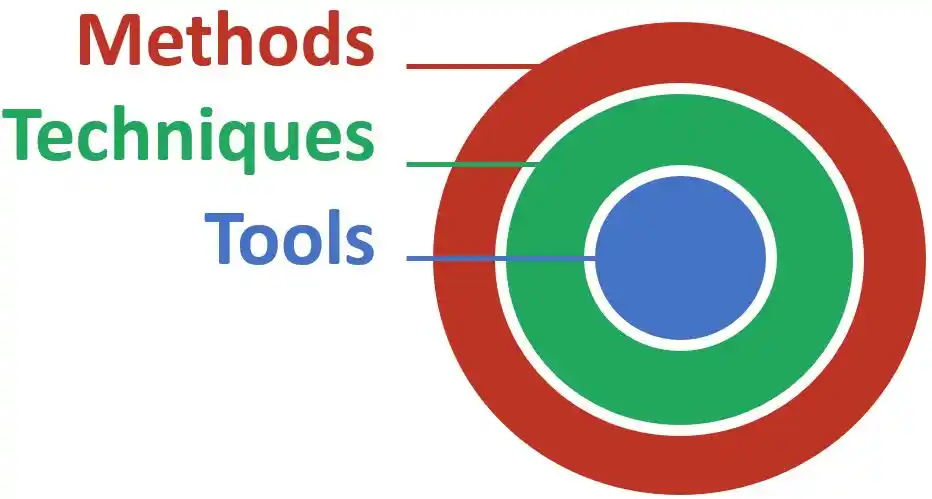Theory of Knowledge
Knowledge Frameworks
Methods and Tools
This line of knowledge framework focuses on explaining the ways in which knowledge can be acquired. It puts forward the disciplines through which the knowledge can be obtained. The improvements in the way knowledge are being collected especially due to the infusion of time and development. Like how books shifted from being the prime source of information to the internet being the free-way source of knowledge and communication all over the world.
knowledge framework
knowledge questions
Does what is seen to constitute “good evidence” vary from discipline to discipline and culture to culture? How is knowledge produced and communicated in these themes/areas of knowledge?
Evidence is a piece of information upon which we base our judgment or conclusion. “good” evidence is something that is reliable, authentic, understandable, and representing the situation. The evidence should be scrutinized well before being taken for support. Evidence takes a different purview depending on what it is representing.
Let’s take the example of how evidence differs in two different systems, Natural Science and Religion.
Empirical Evidence is the evidence that is derived from careful experimentation and observation. This kind of evidence is usually hustled in the reasoning of problems related to natural science. Whereas, religion and faith have very little chance to be solved by the use of empirical evidence. Religion is contemplated using traditions and other cultural practices. It can be neutrally said that finding answers in science is based on experimental evidence and in religion, it is experiential evidence.
When a scientific fact is questioned, it can be conveyed using facts and experimental derivations but when it comes to faith or religion, it is deduced that most of the time religion is unresponsive to evidence, there are just claims and no supporting evidence to prove it is right.
Now, let’s move onto something interesting where science has interestingly collided with Hindu mythology. In Hindu mythology, they worship a deity named Vishnu, who is said to have ten different avatars. It is called “Dasha avatars”. This synopsis has a resemblance with the evolution theory put forward by Charles Darwin.
The production of knowledge is mostly based on observations and experiments on the same. This brings into light new theories and understandings. Be it any field of knowledge, the production of knowledge mostly takes place in such a way. Humans have always found a way to organize information and took initiative in finding ways to communicate the same.
The document attached below gives us a very broad perspective on how knowledge is produced. Ways of knowing along with observation and experimentation bring out to be the main elements in the production of knowledge.
In the below video, we get to see a very unique way of how trees were used as part of explaining the history and whatnot. The exploration by the Infographic expert is commendable.
How important are material tools in the production and acquisition of knowledge?
Material tools are a comprehensive part of the production and acquisition of knowledge. The insight into a particular system of learning can be acquired through the ways in which people used to etch their information. The examples of cave drawings which is an essential tool of knowledge that helps us in taking back to a different time and the different components of the drawing, the materials used for the pictorial representations will give us an idea of how life was during that period.
Genevieve von Petzinger, A Paleoanthropologist, and rock decoder guide us through the way of understanding how 1000’s years ago, why our ancestors have inscribed geometrical figures, and what they might have possibly intended through them.
But again, the material tool can also be difficult to trace through and basically survives on the various interpretations scientists and researchers have found over the years to assist in giving a clearer meaning. So, even when a particular tool helps us in the production and acquisition of knowledge, it equally needs human intervention to convert into a molded form that can be conveyed to the masses.
Acquisition of knowledge can be considered a difficult conditioning process. There has to be extra careful while we construe information on everything around us, be it in the past, present or future.
Choice of methods and tools for the acquisition of knowledge has to be taken with respect to the kind of information we are dealing with. There is no one-stop method that sits well with all kinds of fields of knowledge. Hence, one shall take proper scrutinization while attempting to figure out the right medium.
You may want to check out other frameworks such as perspectives and scope.




